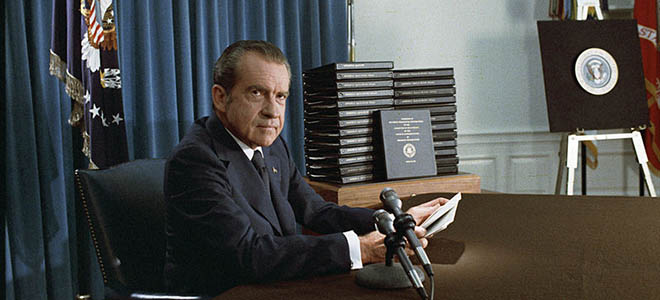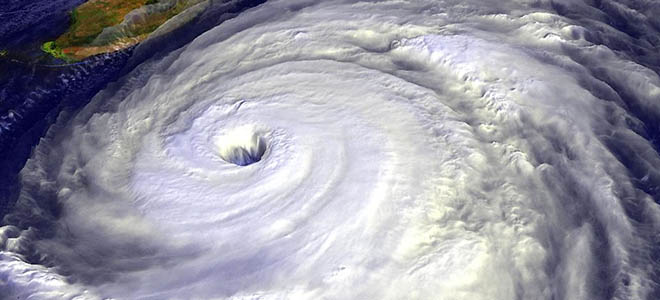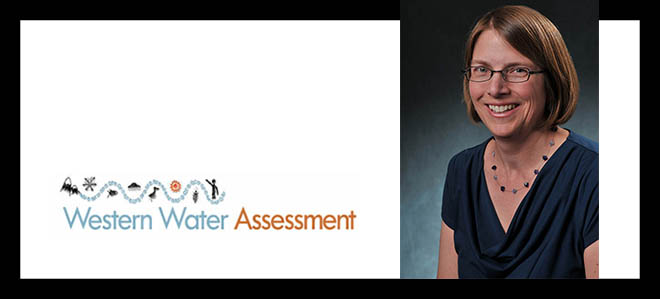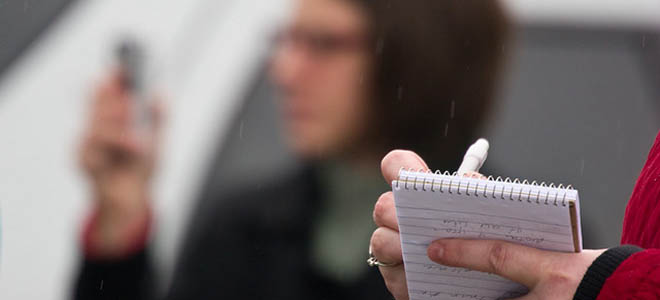
A world sport needs organising body that upholds highest standards. By Roger Pielke, Jr. in the Financial Times on July 12, 2014
Fifa has long been plagued by scandal. In the coming days, it is expected to announce the results of an investigation into bribery allegations surrounding its decision to hold the tournament in Qatar in 2022. History would tell us not to expect much. With the World Cup over, attention moves on.
It should not. Football is a global phenomenon that cuts across business, politics and culture. A world sport needs an organising body that upholds the highest standards of governance.
Based in Switzerland, founded in 1904, and ostensibly a not-for-profit organisation, Fifa has maintained what Mark Pieth – who until recently chaired an internal reform effort – has described as the structure of a gentleman’s club. It is not too much of an exaggeration to compare Fifa to a neighbourhood association or bird watching club. Except that these organisations probably have far greater legal accountability than Fifa.
The Swiss body’s power arises because 209 football associations around the world have chosen to associate with the organisation and to participate in its immensely popular and lucrative competitions. This year’s World Cup is expected to generate $4.5bn in revenue. Fifa executives share out this largesse among the 209 FAs, which in turn are collectively responsible for securing the tenure of those same executives.
Fifa has no external board of directors, and its official guidelines stipulate that its president must come from within the ranks of the organisation. One could scarcely imagine circumstances more likely to produce nepotism, conflicts of interest, and political patronage.
Fifa has become impervious to change. True, it has powerful partners – the governments who host its tournaments, and the sponsors who bankroll them to the tune of billions of dollars – which in theory should be able to hold it to account.
In practice they do not. Several sponsors have publicly expressed concerns about the vortex of allegations swirling around the organisation. But they rarely act decisively in times of crisis.
In November 2012 Emirates Airlines voiced its scepticism about the course of Fifa’s reform efforts. About a month later a senior vice president at the airline concluded: “We have now done a market research test and so far it would seem there is no negative effect on our brand or people’s perception of it, whatever Fifa has gone through.” In other words, when profits suffer, perhaps we will act.
The fact that people care far more about referees’ efforts to uphold the rules on the pitch than about the governance of the game itself has allowed the “gentleman’s club” approach to survive so long.
If sponsors will not act unless they see a threat to the bottom line, governments at least should be more forceful. US authorities played a role in holding the International Olympic Committee accountable to reforms following the Salt Lake City scandal.
However, that case appears to be an exception. Aside from some initial explorations into Fifa governance by the Council of Europe and the European Commission, only a few passionate MPs in the UK, Germany and a few other places have shown any zest for helping Fifa to reform.
In an academic paper published last year, I addressed the question, to whom is Fifa accountable? The answer that I reached was that “Fifa sits free from the formal mechanisms of accountability that are employed to hold international organisations to accountability.”
The world is stuck with Fifa president Sepp Blatter, who is standing for a fifth term as he approaches 80, and a Fifa which falls well short of the sort of governance that we have come to expect in most important, global organisations. This sorry state of affair will remain until governments and business take more seriously the governance of football.
photo by Agencia Brasil
 In SportingIntelligence By Roger Pielke, Jr. on July 29, 2014
In SportingIntelligence By Roger Pielke, Jr. on July 29, 2014






 Obama Administration mounts a much stronger rhetorical attack on the status quo, in ClimateWire by Gayathri Vaidyanathanon, June 3, 2014
Obama Administration mounts a much stronger rhetorical attack on the status quo, in ClimateWire by Gayathri Vaidyanathanon, June 3, 2014 Journalists believed to possibly hedge when considering climate change by Wilson Dizard in Aljazeera America The Scrutineer on June 3, 2014
Journalists believed to possibly hedge when considering climate change by Wilson Dizard in Aljazeera America The Scrutineer on June 3, 2014 Technology, not carbon tax, will reduce emissions by Roger Pielke Jr. on June 3, 2014
Technology, not carbon tax, will reduce emissions by Roger Pielke Jr. on June 3, 2014